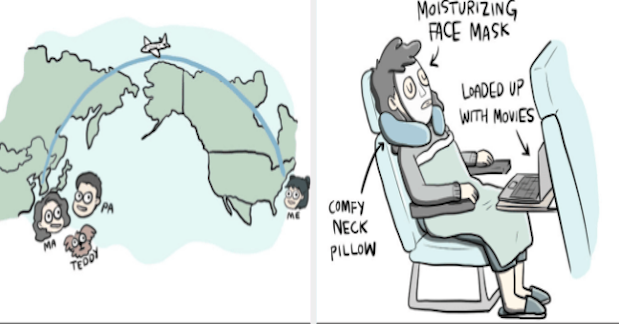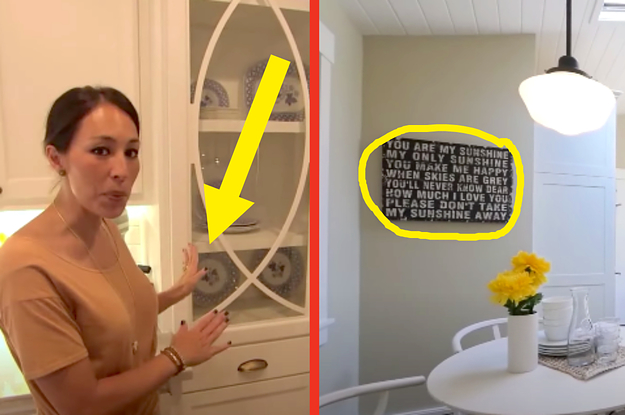There’s no question that Elon Musk had a tough week. On April 20, the Space Exploration Technologies Corp.’s, known as SpaceX, Starship rocket blew up just minutes after launch.
Musk’s chaotic tenure at X Corp. (formerly Twitter Inc.) also entered an uncertain new phase as it removed “legacy” blue checkmarks from formerly verified accounts, raising further questions about the legitimacy of the social network.
The past few weeks’ events led a group of institutional shareholders in Tesla Inc. to send a letter to the Tesla board, complaining that Musk was too distracted to run the company. Although Twitter is going through a period of change, as long as news and media junkies are on Twitter, it will never die, according to theCUBE industry analyst John Furrier on last Friday’s episode of theCUBE Podcast.
“They need Twitter,” he said. “It’s a way to communicate. You separate news organizations. Almost all journalists — unless they have some personal problem with Elon Musk — are on Twitter. And that’s not going to change.”
But where Twitter made a mistake was when it came to its developers, according to theCUBE industry analyst Dave Vellante.
“They screwed their developers. You know that. We were developers, and they just put it right up our you know what, and they did that to everybody,” he said. “Hopefully, that will change. They’re making changes, and they’re charging more. I understand why. But they just screwed their developer ecosystem.”
On the last episode of theCUBE podcast, Vellante and Furrier discussed Musk’s Twitter labeling National Public Radio as “state-affiliated media,” which has since been reversed.
“That was stupid. NPR is legit,” Vellante said.
Regarding the SpaceX incident, it’s perplexing to understand why people would not be rooting for the company’s success, according to Vellante.
“Having watched the moon landing in the late 1960s, I don’t see how you can’t be rooting for these organizations, whether it’s Musk or [Jeff] Bezos,” Vellante said. “Space exploration is critical. And the United States has to lead. They’re not going to lead with NASA, because NASA can’t get the funding that it needs. So private entities have to lead.”
Montana’s ban on TikTok
On April 13, Montana became the first state to approve a bill that would ban the TikTok app from operating in the state. It’s a move that represents more “dumb politics,” according to Vellante.
“This whole conversation should start with reciprocity,” he stated. “The mistake that lawmakers are making is they’re trying to make the case against TikTok on grounds of security and privacy. And it’s stupid. They should be making the case on economic grounds.”
What that would look like in practice is saying, “If you want TikTok to operate a Chinese-based company in the U.S., then U.S. companies need to have the same rights in China,” Vellante said. “Now, of course, China is going to immediately dismiss that, but then that’s a move that puts China into a position of having to defend the ridiculous posture that we can do it to you but you can’t do it to us.”
The next logical step if China rejects this is to say that ByteDance Ltd. has to sell majority ownership, just like they do in China, to a U.S.-based company.
“That U.S.-based company will run it and adhere to all the local laws. And if China doesn’t like it, and ByteDance doesn’t agree to it, then and only then can you say, OK, we’re going to ban it,’” Vellante said. “But jumping right to the ban is idiotic.”
This is a classic example of lawmakers not knowing “what the heck they’re talking about,” according to Furrier.
“This is lawmakers looking for press, lawmakers looking cool to their constituents, the big, bad, timewasting app … we got your back, malware, all that fear that was in Washington, D.C.,” he said.
It’s not just lawmakers, but also the Biden administration and the Trump administration making the same mistakes, according to Vellante.
“Now that China’s a world power, who knows, they might ease up on that. That would be a great outcome for free marketers like myself. But irrespective of that, the smart move is to put it back on them,” Vellante said. “But what we’ve done is say, ‘We’re banning TikTok.’ Well, that’s just dumb.”
That’s because the broader population, and particularly young people, don’t want it banned, according to Vellante.
“The whole privacy thing is just not the right way to do it. So just be smarter about it politicians,” Vellante said.
That was just some of the conversation on last Friday’s episode of theCUBE podcast. If you’re a listener, let Furrier and Vellante know on Twitter what subjects you’d like to hear discussed in the next episode.
Don’t miss out on the latest episodes of “TheCUBE Podcast”! Join us by subscribing to our RSS feed. You can also listen to us on Apple Podcasts or on Spotify. And for those who prefer to watch, check out our YouTube playlist. Don’t wait any longer — tune in now and be part of the conversation!
Photo: SiliconANGLE
Your vote of support is important to us and it helps us keep the content FREE.
1-click below supports your our mission for providing free content.
Join Our Community on YouTube
Join the community that includes over 15k #CubeAlumni of experts including Amazon.com CEO Andy Jassy, Dell Technologies founder and CEO Michael Dell, Intel CEO Pat Gelsinger and many more luminaries and experts.
THANK YOU










Leave a Reply